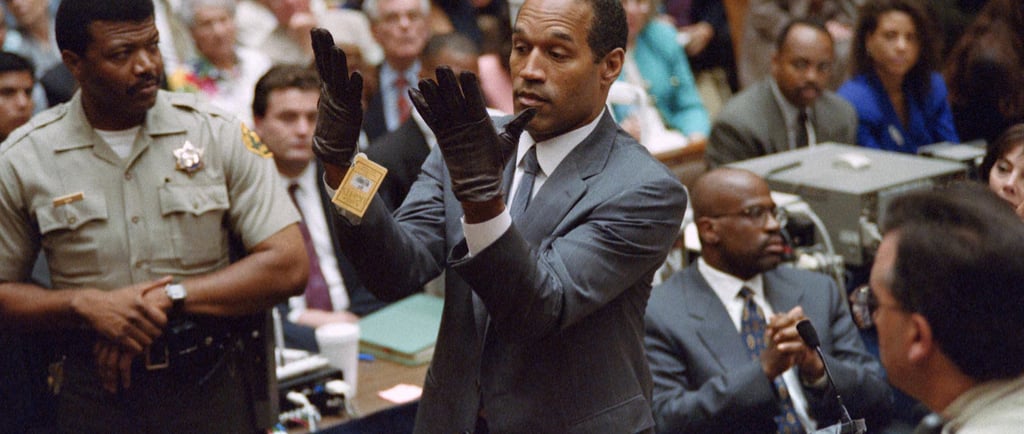OJ Simpson: De Jure & De Facto
JURISPRUDENCELEGAL HISTORY


The death of OJ Simpson- a man sometimes referred to as possibly the world's first innocent murderer - undoubtedly brings great attention back to his infamous murder trial, touted by many as the 'trial of the century'.
In what initially seemed like a case as straight-forward as could be, due to the combination of both forensic negligence and some ground-breaking defence arguments, The People v. OJ Simpson quickly evolved into one of the most convoluted criminal trials to be witnessed by any US court. Indeed, considering the fact that it's almost common knowledge that OJ, did in fact, commit the murder of his wife, Nicole Brown Simpson and her friend, Ronald Goldman, on an autumn Los Angeles evening in 1995, it would definitely be feasible to argue that the outcome of his murder case is one of the greatest criminal injustices in US judicial history.
Perhaps even more remarkably than the swathes of outlying evidence (including the infamous gloves) which suggested his culpability during the case itself, OJ's various allusions to the murder following the conclusion of the case, notably including his book 'If I did it: Confessions of the Killer', and his famous 'prank' on a news reporter as shown below, it would almost be a Herculean task to find evidence suggesting he didn't, in fact, do it.

Nevertheless, it goes without saying that, somewhat miraculously, OJ ended up being acquitted. This could be derived from the LAPD's partial tampering with evidence, which invalidated a lot of evidence brought forward by the prosecution, but also from the 'dream team' of a counsel on the defence side which managed to extrapolate such miscarriage and ultimately void any potential conviction. In reality, it was most likely the combination of the two.
OJ's case certainly raises a few questions: namely, whether the law can be a true vehicle for justice? The injustice of the trial, a scenario in which powerful evidence and reasoning was countered by legal technicalities and semantics, The People v. Simpson has certainly caused concern as to how closely connected the de jure world and the de facto world really are: in a scenario in which a clearly guilty defendant is allowed to walk free due to the exploitation of legal semantics, did the law really prove to be a force of protection and justice? Did the rigorous nature of legal procedure obstruct the path to true justice?
The answer to all these questions is most likely a firm yes, but there still remains an underlying fault in the ideology that the law should be focused on true justice and true justice only: it's tremendously idealistic. The reality remains, and will, for the foreseeable future, continue to remain that technicality needs to exist to provide some structure to the law and legal procedure: if not for these seemingly obstructive semantics, the need for a centralised judicial structure (i.e. the court) would collapse. Consequently, this would lead to the law effectively falling into the hands of people, opening up a whole Pandora's box in which the law could easily be abused and manipulated in a similar fashion to what took place in the OJ case.
And so, it would seem as though this debate is rather paradoxical in the absence of any meaningful solutions: on one hand, cases like People v. Simpson illustrate how experts can abuse and manipulate law against true justice, but on the other hand, if we were to delegate such judicial power to citizens, the problem wouldn't really be solved at all. If anything, this indicates that we, as citizens and critics of law and society, may have to learn to accept such paradoxes, and perhaps, not all problems, especially relating to matters as grave as the law, can truly be solved.
